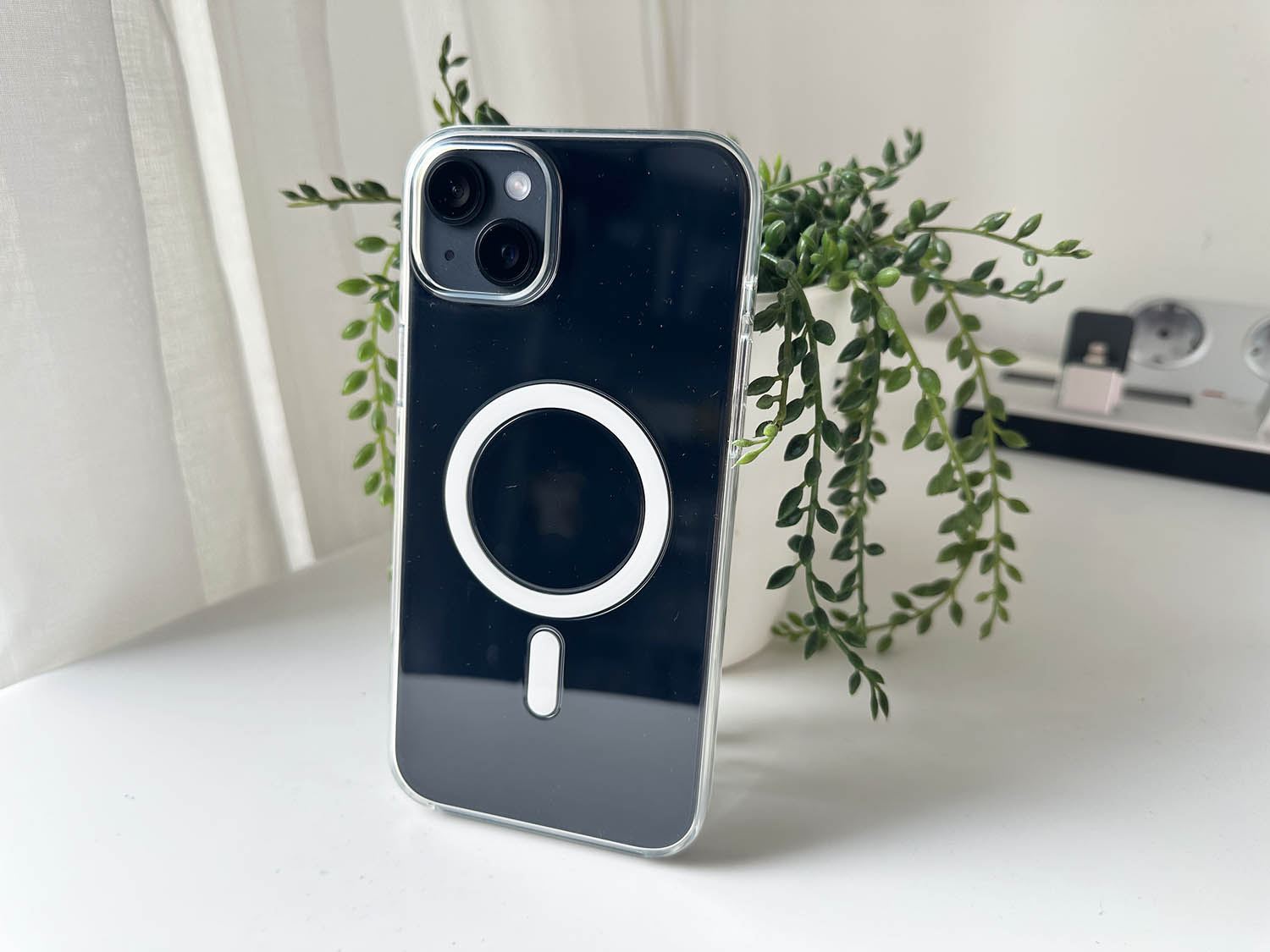For years now, many ophthalmologists and optical professionals have been expressing their skepticism about their effectiveness, although these filters are still being sold.
All of us who wear glasses remember receiving the recommendation to buy lenses with a blue filter at some point. Especially if we have used computers a lot since we were little, work in offices or play video games, it is normal that we have heard at some point about artificial blue light filters, which can be added to the lenses for an extra price. .
Blue light is the highest energy visible light found at the cold end of the color spectrum. It comes from the sun, but it is also radiated by computers, tablets, smartphones, televisions, etc.
From my own experience, I know that some ophthalmologists already warn their own clients about the issue, telling them that they can add that blue filter to their new glasses if they wish, but warning of little scientific consensus about its effectiveness. There are several academic studies that warn that these filters, although they do not harm anything, do not represent any notable improvement in the symptoms of eye fatigue.
“We found no high-quality evidence to support the use of BB contact lenses to improve visual performance or sleep quality, relieve eye fatigue, or maintain macular health in the general population,” says this. study of 2017, or “blue light blocking lenses did not alter signs or symptoms of eye strain with computer use compared to standard clear lenses,” it concludes. this other of 2021.

Currently, this type of eye strain caused by screens is known as digital eye strain, in English, “computer vision syndrome”, which affects 77% of gamers who are between 15 and 29 years old, according to a study by Fad Youth. Its symptoms include dry eyes, blurred vision, headache or fatigue.
What really causes damage to the eyes
Although there is a clear consensus that many users experience damage to their eyesight from prolonged use of screens, many experts do not blame this on blue light (which, in fact, is emitted by the sun itself in infinitely greater quantities than that radiated by the screen). of a telephone), but rather point to other, more easily manageable factors.
If not blue light itself, what causes eye fatigue? Well, experts point to other reasons. The main one is not blinking enough. When we are in front of a screen, we blink less than we do under other conditions. Normally, a human blinks 15 times per minute, but when we are using screens, this figure is reduced by up to half.
The other reason is having the screens too close. Ideally, we would be between 50 and 70 cm away from them.
Alternative recommendations
Knowing all this, we can list the solutions offered by various ophthalmologists to alleviate digital eye strain. With the good news, too, that we will not need to pay more money for those filters in our glasses, but we will be able to improve our habits without spending anything. We can summarize them as follows:
- Follow the 20-20-20 rule when teleworking or using your computer or console: 20 minutes of work, then a 20-second break to look at something that is at least 20 feet away.
- Activate night modes on mobile phones: modern smartphones, both Android and iPhone, already incorporate settings with which to program not only night modes that reduce the brightness of the screen, but also options to change the color palette to a warmer one during the last hours of the day, which helps you sleep better. On iPhone, it’s as simple as going to Settings > Display & Brightness > Night Shift.

- Going 1 hour without screens before going to sleep: without a doubt it is the most difficult, since if it is not with the mobile phone, we will be watching TV, but at least we should remember not to be so close to the screen.
- Visits to the ophthalmologist and study of our routines: to resolve discomfort, we should go to the ophthalmologist regularly in a similar way to how we go to the dentist, talking to him about our routines and the types of devices we use, so that he can think about the best solution for our chaos.
- Use good lighting: do not work or play in the dark, and always try to have natural light or a nearby spotlight when using your devices.
Just by following these guidelines we will be protecting our eyes, most likely, more effectively than with blue light filters, and without spending anything.














